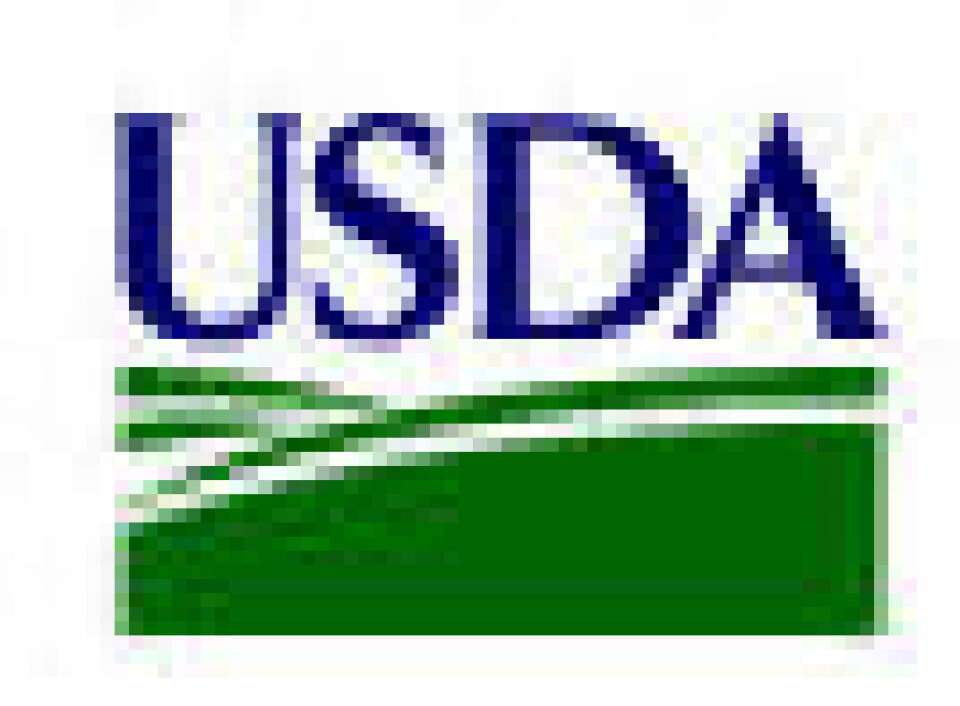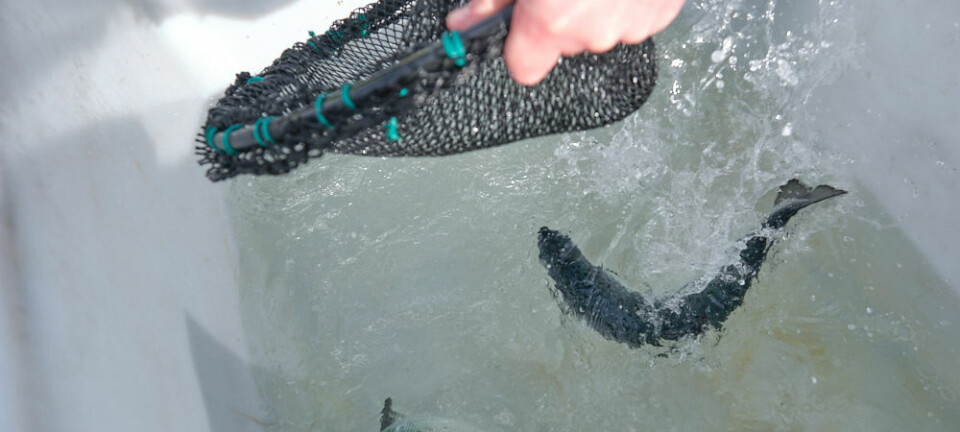
Broader country of origin law in the United States
USA: Last week the new "Country of Origin Labeling Law" went into effect in the United States. This law will require that all meat, poultry, seafood and produce is clearly marked with a label stating what country they are from.
A country of origin label requirement as well as labels indicating whether the it was "farmed" or "wild", has been in effect for fish and shellfish since 2005, but now the above foods have to carry the same labels.
In addition to farm-raised fish and shellfish, wild fish and shellfish, the new law covers ground and whole cuts of beef, lamb, pork, chicken and goat meat, fresh and frozen fruits and vegetables; peanuts, pecans, ginseng and macadamia nuts.
The new law, part of the 2008 federal farm bill, is technically a marketing provision designed to give US products a leg up in the marketplace. Supporters of the new law also say it will improve overall food safety.
Opponents of the law complain that it unfairly implies that imported foods are less safe than domestic foods and also places an unnecessary financial burden on wholesalers and retailers. They also emphasize that the extra cost of implementing the labeling law will be passed on to consumers already reeling from higher food prices.
Since labels have been required on seafood and shellfish since 2005, the effects that such labels have on consumer behavior can be measured. Findings indicate that the labels have made it much easier for consumers to find fish harvested by sustainable methods or fish with lower levels of mercury.























































